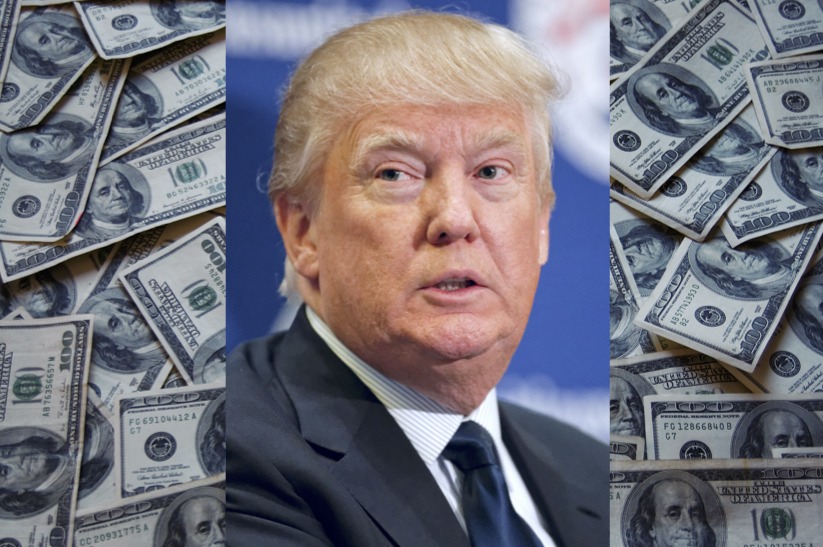Turns out the Russians really did float Donald Trump’s Deutsche Bank loans [updated]

Earlier today Deutsche Bank confirmed in a court filing that it has multiple years of Donald Trump’s tax returns. It redacted his name, but that’s a formality, as the court order was specifically about Trump, meaning that by definition the filing couldn’t have been about anyone else. But then as the night went on, things got even worse for Trump.
Palmer Report wrote earlier this evening that if Deutsche Bank was going to fall on its sword to protect Donald Trump, it would have started by defying today’s court order to reveal whether or not it has Trump’s tax returns. When Deutsche decided today that it would rather protect itself from contempt of court consequences than protect Trump, we knew Deutsche would continue throwing Trump under the bus. We just didn’t know that things would get this ugly this fast.
This evening Lawrence O’Donnell revealed on-air that according to a source within Deutsche Bank, Donald Trump pays little to no taxes, and that Trump’s Deutsche Bank loans were co-signed by Russian oligarchs [update: O’Donnell is now saying that the story didn’t go through MSNBC’s standard vetting process]. This is shocking, if not surprising. It explains everything, including why Deutsche continued to loan Trump money after every other bank had cut him off, and why Deutsche never seem to care if Trump paid the money back. It also explains why Trump acts like Russia owns him; Russia does in fact literally own him.
Lawrence O’Donnell provided the caveat that this is a single source. But that’s just a callback to the old journalistic notion that if one source tells you something it should automatically be disbelieved, while if two sources tell you something it should automatically be believed. That’s not a reliable measure of the validity of a source. O’Donnell clearly believes that his Deutsche Bank source telling him the truth, which is good enough for us. This explains a lot.
